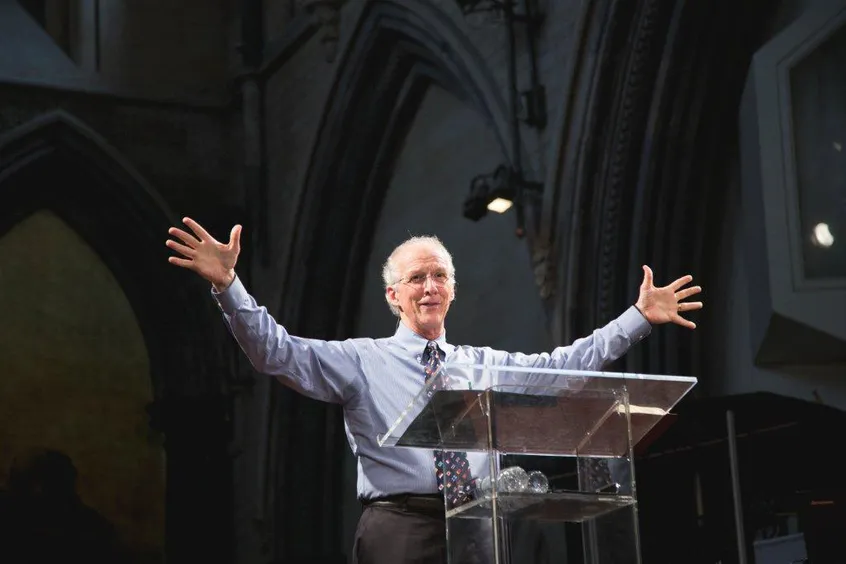Why is British soil unproductive for the gospel? How can we not lose heart? At St Paul’s Hammersmith on 25 June, The Planting Collective – a partnership of Acts 29, Co-Mission, and the FIEC – heard Tim Keller and John Piper offer answers at their first biennial conference, ‘A Time to Plant’.
It was thrilling to see 400 delegates from across the UK, Europe, Africa and America. 25 years ago, church planting in Britain was unusual. Now, many churches are being planted, in villages and cities, reaching young professionals, the urban poor, immigrant communities and middle England. It was also encouraging to be reminded that there is no mystique to planting. Most delegates and seminar presenters were ordinary pastors of ordinary churches. The central things are prayer, God’s Word, love for people, godly lives and a heart for the lost.
Agricultural skill
In the first session, Tim Keller argued that if sowing the Word is unproductive, preachers should look both to the soil and to their skill in sowing. By nature people are resistant to God’s Word, dead in sin. But cultural factors are important. The power is in the seed (sowing pebbles will not produce boulders), but farming looks different in Iowa than in the Scottish Highlands.








